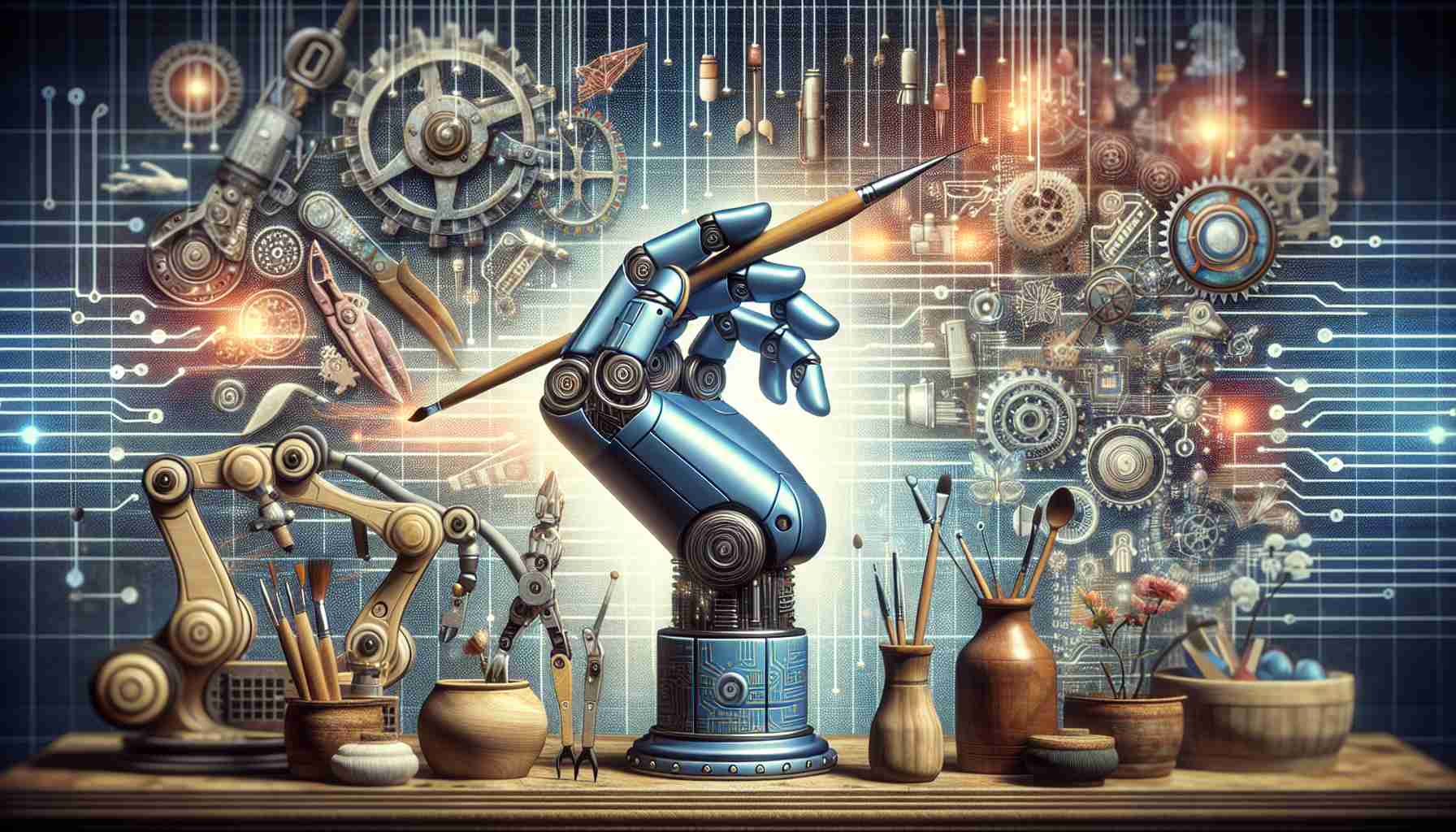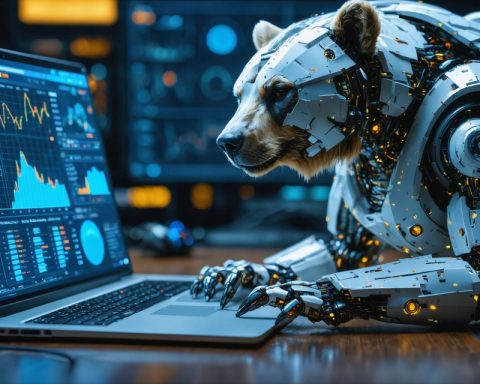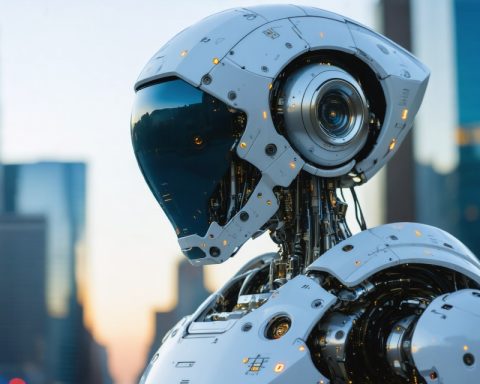In today’s fast-paced world, the question of whether robots will take over human jobs is a hot topic, sparking both excitement and anxiety. With rapid advancements in artificial intelligence and automation, many wonder about the future of employment. While some jobs are more susceptible to automation than others, the impact of robots on the workforce is not a simple story of replacement.
A study by the McKinsey Global Institute suggests that while automation could displace significant portions of the workforce by 2030, it also highlights an important fact: automation will create new job opportunities. As technology evolves, new industries emerge, and with them, new roles that require human creativity, empathy, and complex decision-making skills. For example, while assembly line tasks may be automated, demand for roles in AI development, maintenance, and oversight increases.
The key is adaptability. Workers in fields that are prone to automation can protect their careers by updating their skills and knowledge. Educational systems and governments are increasingly focusing on upskilling and reskilling programs to help workers transition into new roles.
Moreover, some jobs, especially those that involve high emotional intelligence, creativity, or the need for human interaction, are unlikely to be automated soon. Positions in healthcare, arts, and education are examples where human touch is irreplaceable.
In conclusion, while robots and AI are reshaping the job market, they are not yet poised to make all human roles obsolete. The future job landscape will be a collaboration of human and machine efforts, highlighting the importance of ongoing learning and adaptability.
Are Robots Really About to Steal Your Job? Here’s What They Don’t Tell You!
The discussion about robots replacing human jobs overlooks crucial details that profoundly impact individuals and societies. While automation introduces job shifts, it often improves job quality and offers unforeseen opportunities, potentially redefining economies and lifestyles.
The pressing question, “Will robots take my job?” leads us to a broader conversation about embracing change and preparing for a future where human and machine collaboration prevails. For more insights on how robotics and AI influence our world, explore resources like Forbes and BBC.








